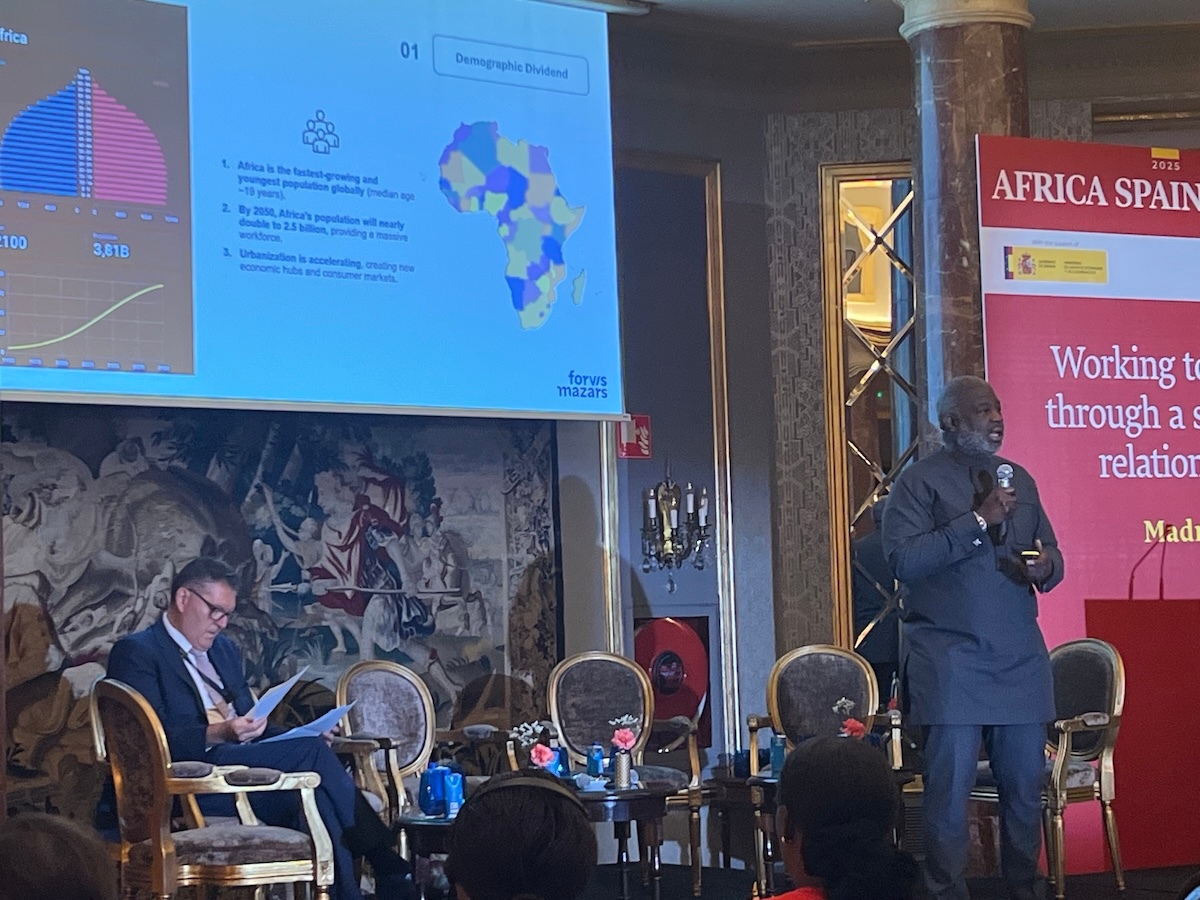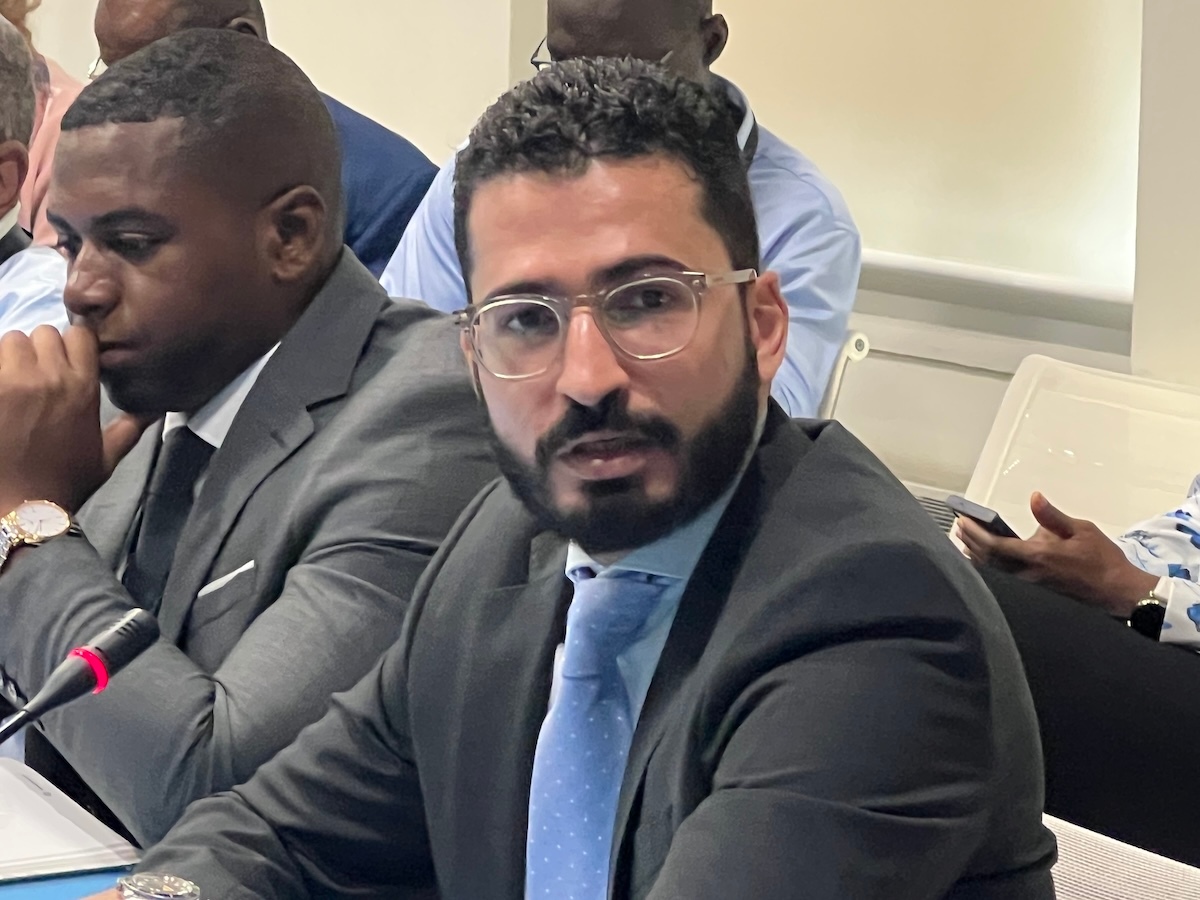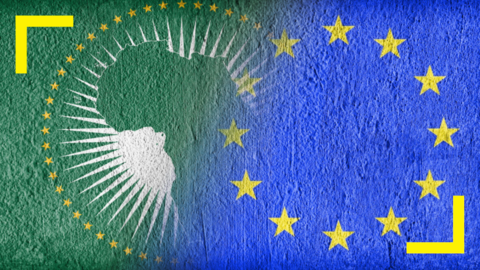Spain-Africa: diplomacy between two...

Just four years ago, the Spanish Prime Minister launched his vision for the country to expand its influence in this region of the world. At a time when countries such as the US are slowing down their influence in Africa, and countries such as France are losing momentum, Spain is renewing its ties with Africa.
Although in recent years the issue of mobility has crystallized the debate with sub-Saharan African countries, today Spain seems to be shaping a new architecture for Spanish-African diplomacy. Or even a new vision of the continent.
Like a new diplomatic doctrine, the third edition of the Africa-Spain Economic Forum, organized by One Africa Forums, aims to be a forum for reflection and influence on Africa-Spain cooperation.

Begun tentatively under Zapatero, this pragmatic approach to Africa, accelerated by Pedro Sanchez, aims to make Africa a strategic partner in key sectors: renewable energy, water desalination, and pharmaceuticals. “Africa is a huge continent, and coordinated action and a realistic perspective are needed [...] Two million Africans live in Spain, and we must engage in dialogue with them,” said Diego Martínez Belío, Secretary of State for Foreign Affairs of the Kingdom of Spain, according to comments reported by the Atalayar platform.
For his part, Hassan M. Alaoui, president of One Africa Forums, emphasized the opportunity to overcome obstacles and expand avenues for collaboration in order to address Africa's economic and social challenges.“Spain's experience can provide solutions to Africa's challenges, and Africa offers opportunities thanks to its vast market, potential, young population, and significant resources,” he said.

In light of Ibero-African relations!
Weighed down by the 2008 economic crisis, the Spanish private sector is seeking new opportunities for development. Africa appears to be a space for growth and co-development.
“Africa has great potential thanks to various characteristics such as its demographic dividend (2 billion inhabitants in 2050) and the youth of its population, its economic growth (5% average growth per year, with double-digit rates in several African countries), its natural resources (30% of the world's mineral resources are found in Africa and the potential for renewable energy is enormous),” ,"said Abdou Diop, associate director of Forvis Mazars.

It should be noted that in 2017, only 0.3% of Spain's gross foreign investment was devoted to the African continent, but exports increased by 67% between 2010 and 2017, exceeding those to Latin America by €3 billion last year.
According to the data, while Morocco remains by far Spain's leading trading partner in Africa, accounting for 40% of the companies present on the continent and 60% of foreign direct investment (FDI) from the peninsula, trade with the rest of Africa continues to grow.

More than 600 Spanish companies are physically active in sub-Saharan Africa, accounting for 38% of all Spanish establishments on the continent. For example, cooperation with South Africa is a testament to this. More than 4,500 Spanish companies now export to the South African market, particularly in the renewable energy sector.
According to Trade Map data, Africa imported $20.7 billion worth of Spanish products in 2024, while exports from the continent to Spain reached $35.7 billion.
The future of Ibero-African relations will be played out on several fronts, particularly in terms of coordination with African continental frameworks such as the AfCFTA and Agenda 2063.
However, the current summit raises questions about Spain's ability to transform its announcements into structural projects in the rest of the continent, beyond its traditional partners, which seem to be running out of steam.










